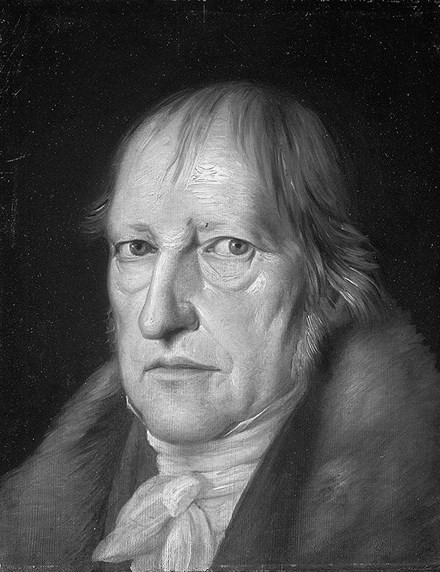
Publication details
Verlag: Springer
Ort: Berlin
Jahr: 1994
Pages: 1-18
Reihe: Philosophical Studies in Contemporary Culture
ISBN (Hardback): 9789048143498
Volle Referenz:
, "Introduction", in: Hegel reconsidered, Berlin, Springer, 1994


Introduction
pp. 1-18
in: Tristram Engelhardt, Terry Pinkard (eds), Hegel reconsidered, Berlin, Springer, 1994Abstrakt
Hegel has been regarded as a metaphysician of an idealist persuasion. Whether in the work of McTaggart,1 Royce2 or Peirce,3 Hegel is said to offer an account of the deep structure of being from the perspective of spirit. Much of this interpretation is due to Hegel. The language he employs is not only metaphysical but theological. It invites concrete construals of terms he uses such as God and Spirit.4 The Marxists who drew on Hegel in framing dialectical materialism did not exorcise this metaphysical aura but only gave it a restatement.5 In "righting" Hegel, they invested history and nature with a quasi-metaphysical and empirical dialectical character and force, using a language taken from Hegel. They converted an idealistic dialectic into a materialistic dialectic. Both in terms of his own work and that to which he gave rise, Hegel remains in the eyes of many a metaphysician making obscure claims about the dialectic as well as about the power of ideas and of reason.6 His political works have often been construed in an even worse light.7 They have appeared to be nearly devoid of moral claims save to canonize whatever power rules.8
Cited authors
Publication details
Verlag: Springer
Ort: Berlin
Jahr: 1994
Pages: 1-18
Reihe: Philosophical Studies in Contemporary Culture
ISBN (Hardback): 9789048143498
Volle Referenz:
, "Introduction", in: Hegel reconsidered, Berlin, Springer, 1994



